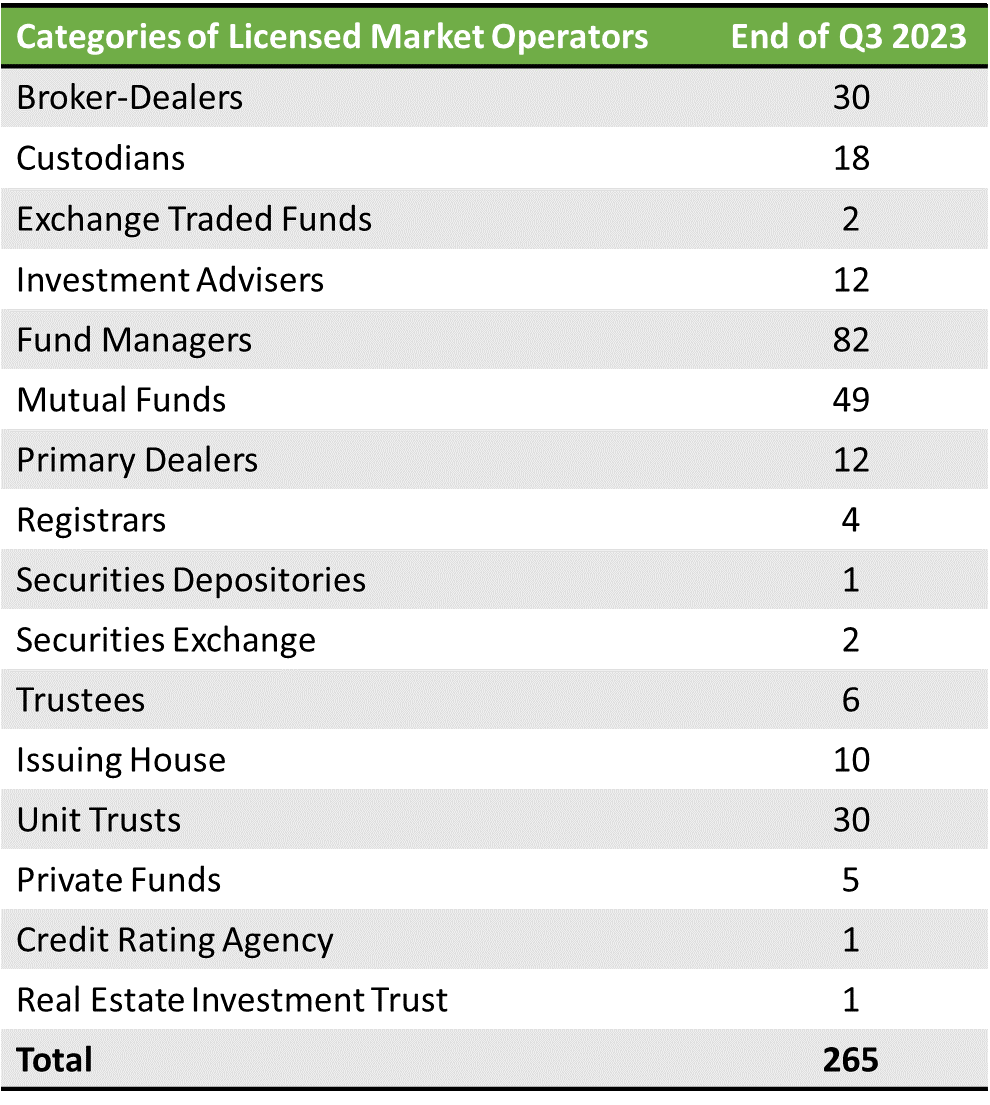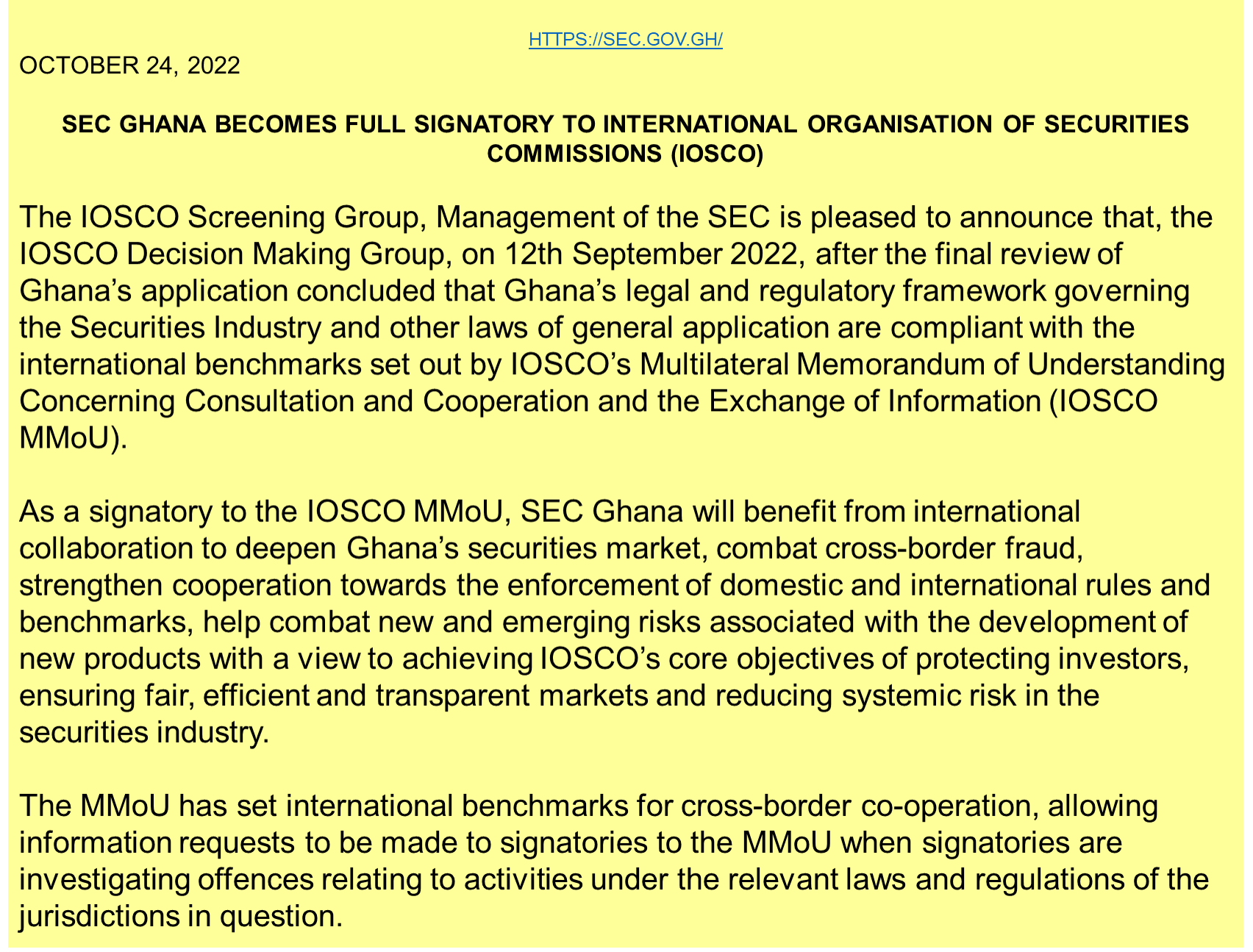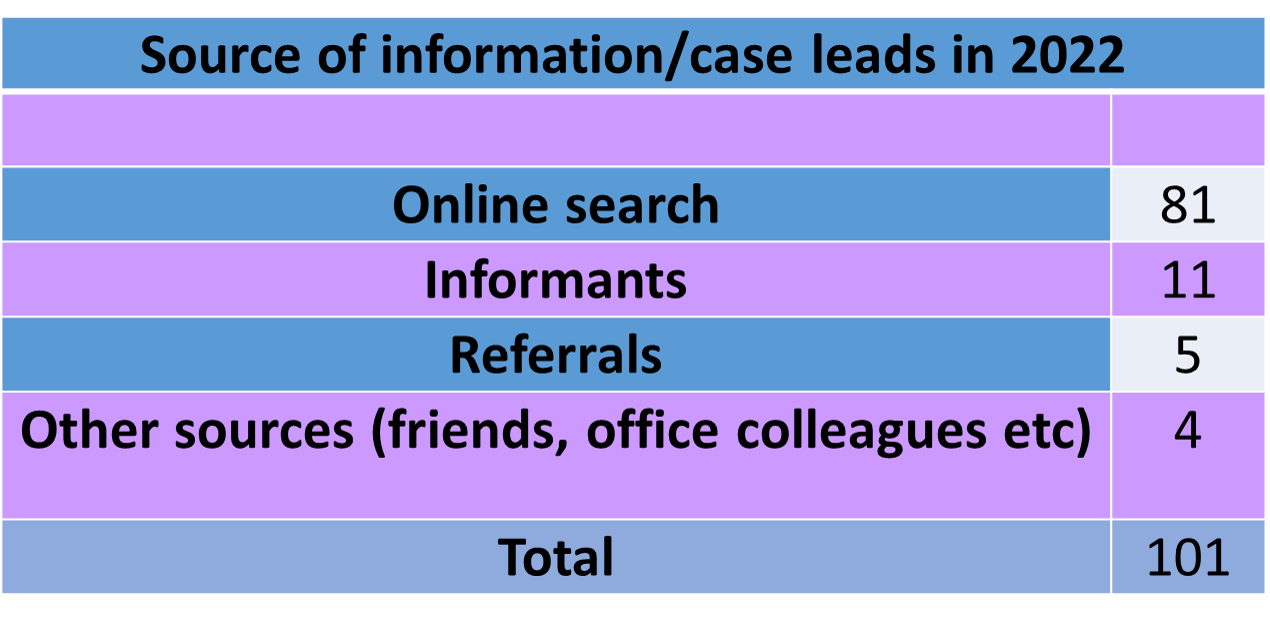Enforcing market regulations: The Ghana Securities and Exchange Commission (SEC)
George B. Ankama, Accra, Ghana
May 29, 2024
G hana established the Ghana Securities and Exchange Commission in 1993. This institution maintains surveillance over activities in securities to ensure transparent transactions. As the primary regulator of the securities markets and of investment schemes, it enacts rules to maintain confidence in the stock market, protect investors and facilitate capital formation. These rules must align with international rules to attract foreign investors.
Market participants
Market participants and professionals have the obligation to comply with SEC rules. At the end of Q2 of 2024, the SEC supervised 32 members of the Ghana Stock Exchange (GSE) and five companies of the Ghana Alternative Market (GAX). It also regulated the activities of the Ghana Fixed Income Market (GFIM) which is trading 209 bonds.
The SEC oversees the activities of 85 fund managers, 49 mutual funds and 29 broker-dealers. In addition, the market regulator also supervises 265 market operators and also 64 audit firms that are registered with the SEC.
Who is the SEC supervising?

Source: Ghana SEC
The supervisory mandate of the watchdog is not limited to domestic oversight. The mandate also covers international supervision and enforcement, precisely in the areas of anti-money laundering and anti-terrorist financing. In this capacity, the SEC cooperates with regional and international institutions responsible for the prevention and the fight against serious economic crimes.

Source: SEC
The development of the internet has increased the risks of insider trading, cyber dissemination of false information and cyber price manipulation. The MMoU covers topical areas like insider dealing, market manipulation and misrepresentation of material information and other fraudulent or manipulative practices relating to securities and derivatives.
It will also reinforce the capacity of the Ghana SEC regarding oversight over the activities of market intermediaries, including investment and trading advisers who are required to be licensed or registered. Collective investment schemes, brokers, dealers, and transfer agents fall under these categories.
Through cooperation with IOSCO, the SEC will beef up the supervision of exchanges and also clearing and settlement entities. The MMoU offers the opportunity to reinforce control over back office operations such as solicitation and handling of investor funds, customer orders, the registration, issuance, offer, and or sale of securities.
Operations
The Securities Industry Act, 2016 (Act 929) governs the securities industry in Ghana. The SEC has the power to conduct investigations where it suspects that a person or a market operator has committed an offence in relation to dealings in securities. Inside the SEC, the risk management department is in charge of this task. Under the department, three individual units specialize in anti-money laundering (AML), countering the financing of terrorism (CFT), and in combating the financing of weapons of mass destruction (CPF).
The department has set up a hotline through which anybody can call to draw attention to suspicious security activities. During the year 2022, the risk management department detected one hundred and one (101) unlicensed market operators through online search, i.e., website and social media platforms. Other alerts came from informants, victims, and whistleblowers.
Sourcing data for supervisory activities

Source: SEC
During the same period, the regulator conducted investigations into 41 cases of market misconduct. Out of the total cases investigated, the SEC referred thirty cases to the Ghana Economic and Organized Crime Office (EOCO) for further investigation. The EOCO is a specialised government agency that monitors and investigates economic and organised crime and on the authority of the Attorney General. It has the power to prosecute these offences, to recover the proceeds of crime and provide for related matters.
The SEC crime unit handled the remaining eleven cases.
At the end of the year 2022, the SEC had registered 835 complaints. Data showed that 98 percent of the complainants reported the failure of market operators to meet their redemption requests. In a subtantial number of cases, the SEC also found that companies with outstanding complaints had liquidity challenges that prevented them from meeting their obligations vis-à-vis their clients. In 2021, the SEC launched a new Capital Market Master Plan (CMMP), which will serve as the blueprint for developing the capital market in Ghana over the next ten years.
Related Articles
BIBLIOGRAPHY
1❩ https://www.mcafee.com/de-ch/consumer-corporate/newsroom/press-releases/press-release.html?news_id=6859bd8c-9304-4147-bdab-32b35457e629
2❩ Bank of Ghana (2023): https://www.bog.gov.gh/wp-content/uploads/2023/06/NOTICE-NO.-BOG-GOV-SEC-2023-08-Banks-SDIs-and-PSPs-Fraud-report-2022-Trends-and-Statistics-FSD.pdf
3❩ https://sec.gov.gh/capital-market-master-plan/
